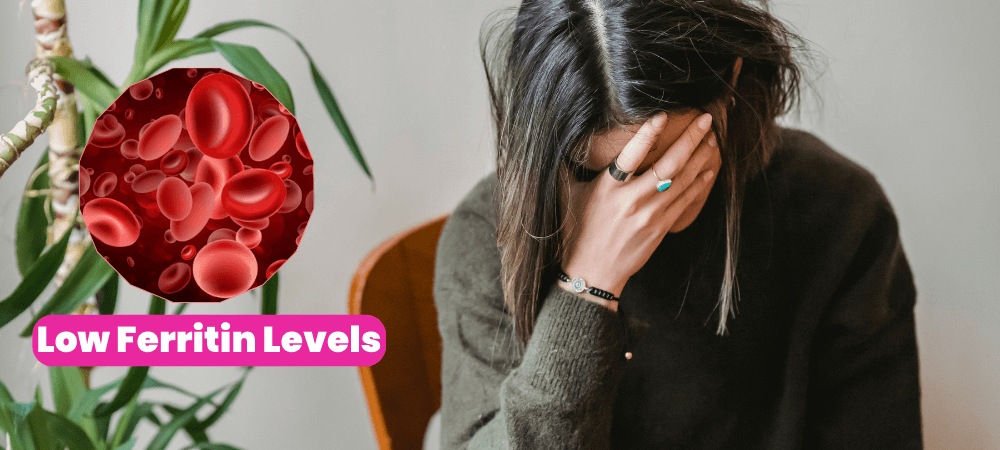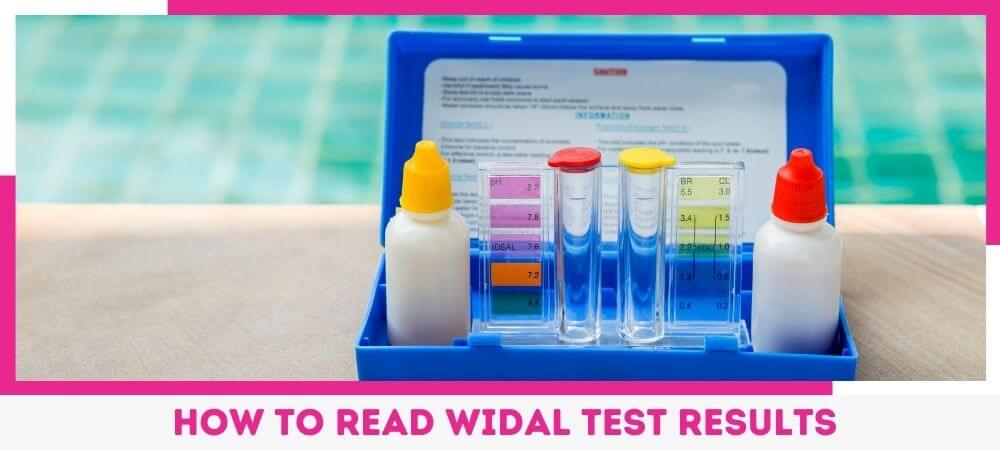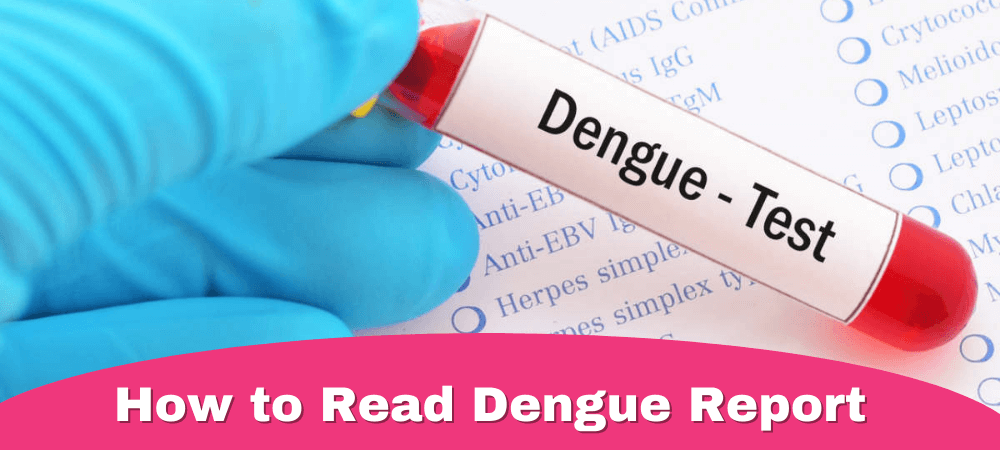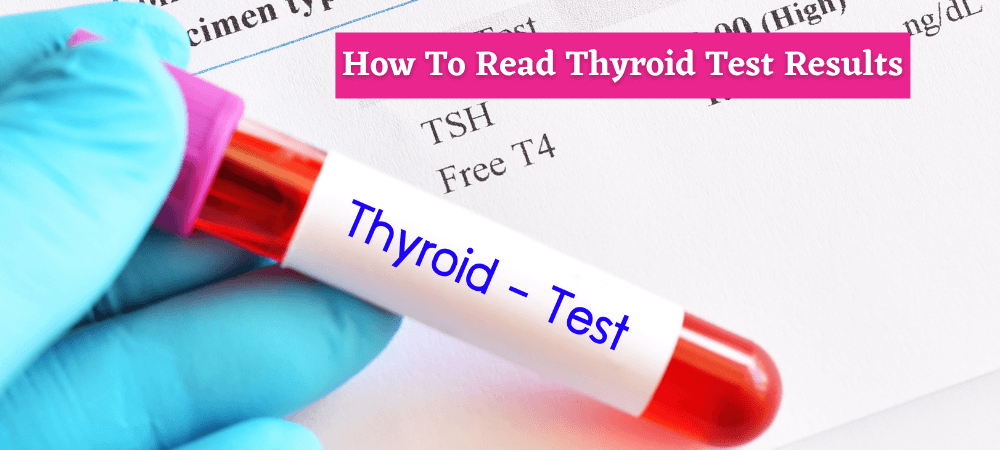Ferritin is a protein that stores iron inside cells and releases it when your body needs it. Ferritin usually resides in your body cells; the greatest concentrations of ferritin are typically found in your liver and immune system cells.
But what is this ferritin blood test? How do its low levels affect our bodies? Let us find out in this article.
 The ferritin blood test is a type of test that measures how much iron is stored in your body. Iron’s role is crucial in several metabolic processes of the human body, including carrying oxygen throughout the body along with moving electrons within cells.
Without enough iron, your red blood cells will not be able to supply enough oxygen. However, too much iron is also not good for your body.
Both high and low iron levels indicate a severe underlying problem.
Your doctor may recommend you undergo a ferritin blood test if they suspect an iron deficiency or an iron overload.
A ferritin blood test helps diagnose or rule out the following medical conditions:
The ferritin blood test is a type of test that measures how much iron is stored in your body. Iron’s role is crucial in several metabolic processes of the human body, including carrying oxygen throughout the body along with moving electrons within cells.
Without enough iron, your red blood cells will not be able to supply enough oxygen. However, too much iron is also not good for your body.
Both high and low iron levels indicate a severe underlying problem.
Your doctor may recommend you undergo a ferritin blood test if they suspect an iron deficiency or an iron overload.
A ferritin blood test helps diagnose or rule out the following medical conditions:
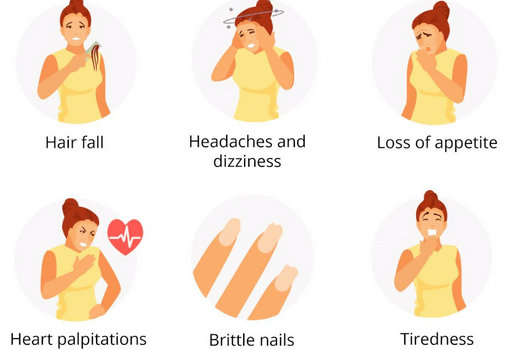
 If the cause of hair loss is low ferritin levels, restoring iron levels in the body may be enough to reverse it. However, hair grows slowly, so new healthy hairs may take a little longer to grow back.
If you have normal iron levels and are still experiencing hair loss, increasing iron levels will not help improve your hair growth.
If the cause of hair loss is low ferritin levels, restoring iron levels in the body may be enough to reverse it. However, hair grows slowly, so new healthy hairs may take a little longer to grow back.
If you have normal iron levels and are still experiencing hair loss, increasing iron levels will not help improve your hair growth.
What is a ferritin blood test?
 The ferritin blood test is a type of test that measures how much iron is stored in your body. Iron’s role is crucial in several metabolic processes of the human body, including carrying oxygen throughout the body along with moving electrons within cells.
Without enough iron, your red blood cells will not be able to supply enough oxygen. However, too much iron is also not good for your body.
Both high and low iron levels indicate a severe underlying problem.
Your doctor may recommend you undergo a ferritin blood test if they suspect an iron deficiency or an iron overload.
A ferritin blood test helps diagnose or rule out the following medical conditions:
The ferritin blood test is a type of test that measures how much iron is stored in your body. Iron’s role is crucial in several metabolic processes of the human body, including carrying oxygen throughout the body along with moving electrons within cells.
Without enough iron, your red blood cells will not be able to supply enough oxygen. However, too much iron is also not good for your body.
Both high and low iron levels indicate a severe underlying problem.
Your doctor may recommend you undergo a ferritin blood test if they suspect an iron deficiency or an iron overload.
A ferritin blood test helps diagnose or rule out the following medical conditions:
- Iron-deficiency anemia
- Certain liver diseases
- Hemochromatosis (A condition with too much iron in the body)
- Restless legs syndrome
Symptoms of low ferritin levels
The following symptoms are usually associated with low ferritin levels:- Dizziness
- Shortness of breath
- Irritability
- Pale and dry skin
- Unexplained fatigue
- Ringing in your ears

What are the causes of low ferritin?
A lower-than-normal ferritin level indicates that you are experiencing an iron deficiency which could be a result of not consuming enough iron in your daily diet. Anemia conditions also affect your iron levels; if you do not have enough RBC for iron to attach to. Other conditions that cause low ferritin levels include:- Excessive menstrual bleeding
- Stomach conditions that affect intestinal absorption
- Internal bleeding
How to increase low ferritin levels?
If someone experiences low ferritin or iron levels, their doctor will evaluate the severity of the deficiency and identify the underlying cause. For instance, if low iron levels are caused by bleeding, the doctor will address this problem. They may also advise individuals to include diets that help boost their iron levels. Here are some foods that can provide iron:- Lean red meat
- Eggs
- Lentils, beans and tofu
- Raisins
- Oysters
How do low ferritin levels cause hair loss?
A lack of iron implies a lack of red blood cells; fewer red blood cells mean the body will have difficulty carrying oxygen to the various organs and tissues. It causes hair loss, among other problems like anemia. In terms of hair changes, the individual’s hair may become thinner, weaker, may lose its natural curls or are prone to breaking. If the cause of hair loss is low ferritin levels, restoring iron levels in the body may be enough to reverse it. However, hair grows slowly, so new healthy hairs may take a little longer to grow back.
If you have normal iron levels and are still experiencing hair loss, increasing iron levels will not help improve your hair growth.
If the cause of hair loss is low ferritin levels, restoring iron levels in the body may be enough to reverse it. However, hair grows slowly, so new healthy hairs may take a little longer to grow back.
If you have normal iron levels and are still experiencing hair loss, increasing iron levels will not help improve your hair growth.

